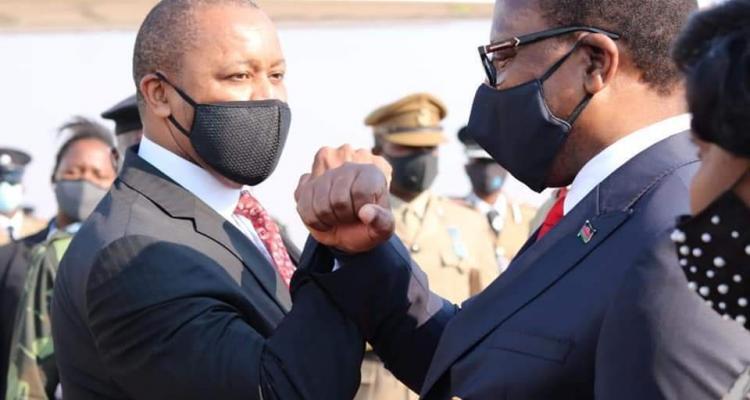
Malawi is still living off the glory of the historic elections that took place in June this year. The elections saw the hitherto leader of opposition, Lazarus Chakwera, ushered into power after ousting Peter Muntharika of the Democratic Progressive Party (DPP) from the presidential seat.
Since then, the DPP has seen a drastic decline in its leveraging power. This is evidenced by the growing intra-party power wrangles, top party officials leaving for the ruling parties of the Tonse Alliance (which comprises 9 parties led by Malawi Congress Party, and United Transformation Movement), and revelations of growing corruption scandals involving DPP members.
With the state of the DPP, currently the biggest opposition party in Malawi, has been a recurring gag for most Malawians; it should not take away from the fact that Malawi is left without a strong political opposition party and this is a cause for great concern.
In a liberal democracy, political competition is healthy and necessary for accountability. Essentially, a country’s main opposition party should assist in bringing a ‘balance’ to the political playing field, by being present to scrutinize policy decisions of the incumbent leader and where needed, present alternative and constructive courses of action. The opposition should not be there merely to oppose everything the government does, but rather complement and demand accountability and transparency toward greater democracy. However, the DPP as it is is not able to carry out such functions. The party barely speaks with a unified voice anymore; let alone has enough influence to go against the ruling party if need be.
The danger of Malawi’s current political situation is that the Tonse Alliance is potentially left unchecked. While other means of checks and balances are existent, it can not be ignored that the opposition party of a country is one of the greatest controls. Additionally, the recent appointments of strong voices for accountability into government like former Human Rights Defenders Coalition (HRDC) leader, Timothy Mtambo, independent media house owner Gospel Kazako, and political advocate Lucius Banda, mean that some of the strongest voices that openly stood against the government are now part of the system. This creates a vacuum in the fight for accountability and transparency and it strengthens the argument for a stronger opposition.
It also cannot be ignored that the opposition party has a greater connection to the grassroots through their party-faithful than civil society or the judiciary. As such, they are in an advantaged position that would allow them to channel to the government what the other half of Malawi that did not vote for the Tonse Alliance want, hence serving the minority.
It is time for the DPP to rise above their squabbles and sulking and serve the country as an opposition party. Leaders ought to serve, regardless of what capacity it is they serve in. The role of an opposition is crucial to the existence of democracy in any country.
Malawi has seen firsthand through the more recent electoral rerun what opposition can do when working for the people and not themselves. If the DPP cannot unify itself and put aside all opportunism for the sake of the people , a vacuum will be created. However, emerging parties should rise to the occasion.
An ‘oppositionless’ government is a breeding ground for dictatorship, human rights abuses, and the limiting of individual freedoms. Malawi needs a strong opposition, and we need it now.
Lomuthando Nthakomwa is a writing fellow at African Liberty and a political scientist working in the international development sphere. She tweets via @Thando_MNT














